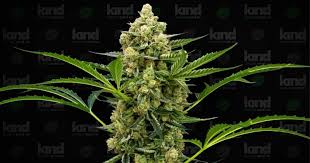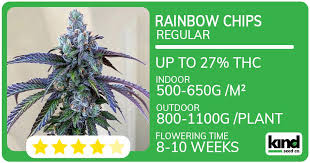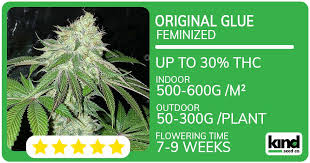
Hemp Plants for Sale: A Comprehensive Guide
The worldwide interest in hemp has surged in recent years. People are becoming increasingly aware of the plethora of uses for hemp, from textiles to food, medicine, and beyond. This growing demand has resulted in a vibrant market for hemp plants for sale https://kindseed.com/hemp-seeds/. Cultivating hemp can be incredibly rewarding, but it is essential to understand both the benefits and challenges associated with growing this remarkable plant.
Understanding Hemp: A Versatile Crop
Hemp is one of the most versatile crops on the planet. It can be used to produce a wide variety of products, including biofuels, paper, biodegradable plastics, and construction materials. Moreover, hemp seeds are rich in protein, essential fatty acids, and other nutrients, making them a great addition to your diet. Furthermore, hemp can help improve soil health, making it an environmentally friendly choice for farmers.
The Growing Demand for Hemp
The rise in popularity of CBD (cannabidiol) products has driven an increase in hemp cultivation. As more consumers become aware of the health benefits associated with CBD, they seek high-quality hemp plants to cultivate for both personal use and commercial sale. This demand has led to an influx of hemp plants for sale, making it easier for existing farmers and new growers to enter the market.
Where to Buy Hemp Plants

When searching for hemp plants for sale, it’s essential to consider several factors to ensure you are purchasing quality plants. Here are some tips on where to buy:
- Specialty Nurseries: Look for nurseries that focus on hemp cultivation. These growers often provide high-quality plants that are specifically bred for certain climates and regions.
- Online Vendors: The internet has made it easier than ever to find hemp plants for sale. Several reputable online stores offer a range of clones, seeds, and seedlings. Ensure you verify the credibility of the seller and read customer reviews to avoid scams.
- Local Agricultural Fairs: Attend local agricultural fairs or hemp expos. These events often feature vendors selling hemp plants and provide an opportunity to connect with experts in the industry.
- Farmers’ Markets: Some local farmers may sell hemp plants directly at farmers’ markets. This is a great way to support local agriculture and obtain plants well-suited to your area.
Factors to Consider When Purchasing Hemp Plants
Before making a purchase, consider the following factors:
- Genetics: The genetics of the hemp plant you choose will determine its growth potential, yield, and cannabinoid content. Select plants that are known for their high quality and desired characteristics.
- Feminization: If you are growing hemp for CBD extraction, opt for feminized seeds or clones to ensure you are cultivating female plants, which produce the cannabinoid-rich flowers.
- Local Regulations: Be informed about the local laws and regulations around hemp cultivation in your area to ensure compliance. Each state or country may have different laws governing THC levels, licensing, and more.
- Organic Practices: Many consumers are concerned about pesticides and other harmful chemicals. Look for suppliers who practice organic farming methods that prioritize sustainability.
Steps for Successful Growth
Growing hemp may seem daunting at first, but with the right knowledge and resources, it can be an accessible and fulfilling endeavor. Here are some key steps for successful hemp cultivation:

- Prepare the Soil: Hemp thrives in well-draining, nutrient-rich soil. Conduct soil tests to determine pH levels and nutrient content, and amend the soil as needed to provide optimal growing conditions.
- Choose the Right Location: Hemp requires a lot of sunlight, so select a site that receives at least 6-8 hours of direct sunlight daily. Also, ensure that the site has good air circulation to prevent mold and mildew.
- Watering: Young hemp plants need ample water during the initial growth stage. However, once established, they become relatively drought-resistant. Ensure you have a good watering strategy in place.
- Pest Management: Keep an eye out for pests that can damage your hemp plants. Implement integrated pest management (IPM) practices, which focus on biological control methods and minimizing chemical use.
Harvesting and Post-Harvest Considerations
Once your hemp plants have matured, it’s time to harvest. Be aware of the right timing for harvesting, as this can significantly affect the quality of your yield. For CBD production, the ideal time to harvest is when the flowers begin to bloom.
After harvesting, proper drying and curing are crucial for maintaining the quality of your hemp. Store your harvested product in a cool, dark place to preserve its potency.
Conclusion
The market for hemp plants for sale is thriving, and with the right approach, you can join in on this exciting agricultural trend. As you embark on your hemp-growing journey, prioritize quality, sustainability, and education to ensure a fruitful cultivation experience. Whether you’re growing for personal use or commercial sale, the potential benefits of hemp are vast and varied, promising a rewarding endeavor for those who take the plunge. Happy growing!
